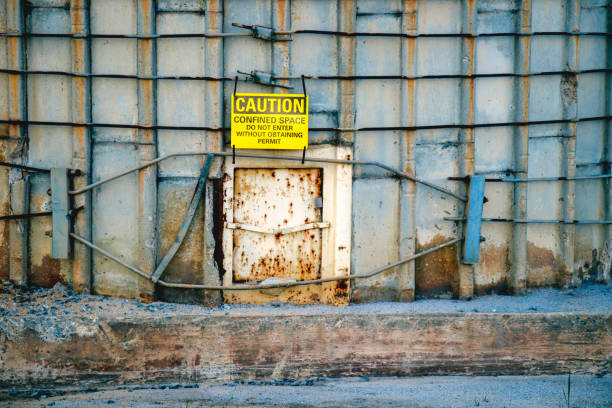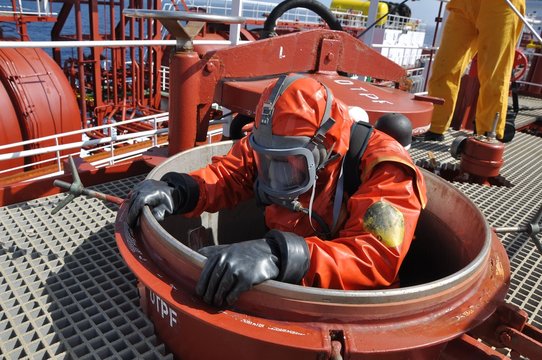ROAR Training Solutions
MSMPER205 - Enter Confined Space / Refresher
MSMPER205 - Enter Confined Space / Refresher
Couldn't load pickup availability
Course Title: MSMPER205 - Enter Confined Space
Target Audience: This course is ideal for workers in industries where confined space entry is part of their job, including those in construction, mining, manufacturing, utilities, and emergency services.
Course Description:
The MSMPER205 - Enter Confined Space course provides essential training for individuals who need to safely enter and work within confined spaces in a variety of industries, including construction, manufacturing, utilities, and mining. This nationally recognized unit of competency equips participants with the skills and knowledge to identify hazards, conduct pre-entry procedures, and follow safe work practices to mitigate risks associated with confined space entry.
Key topics include an understanding of confined space definitions, risk assessments, atmospheric testing, emergency rescue procedures, and the use of personal protective equipment (PPE). Participants will also learn about the importance of effective communication and teamwork when working in or around confined spaces to ensure safety at all times.
The course includes both theoretical and practical components, where learners will be guided through safe entry, work practices, and exit procedures. Practical assessments focus on ensuring participants can confidently and competently perform confined space entries under supervision.
Upon successful completion of this course, participants will be able to demonstrate the ability to safely enter and work in confined spaces while following the required safety protocols, and will be prepared to manage potential hazards effectively.
Prerequisites: There are no formal prerequisites for this course, though participants should have basic literacy and numeracy skills and be physically capable of completing the required tasks.
Duration: Typically 1 day, depending on prior knowledge and experience.
Certification: On successful completion, participants will receive a Statement of Attainment for MSMPER205 - Enter Confined Space.
Refresher: Please contact us via email for pricing and availability.
Share








